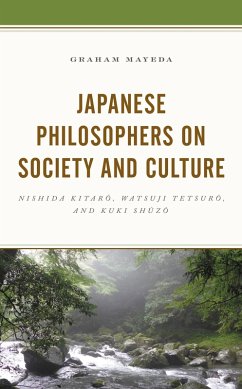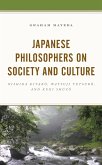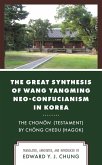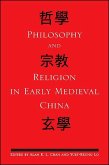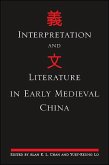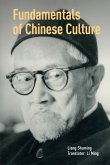In every part of the world and in every era, philosophers have reflected on the meaning of culture and its philosophical significance. Japanese Philosophers on Society and Culture:Nishida Kitaro, Watsuji Tetsuro, and Kuki Shuzo explores how three of Japan's preeminent philosophers of the twentieth century-Nishida Kitaro, Watsuji Tetsuro and Kuki Shuzo-defined culture and analyzed what it tells us about social relations. Graham Mayeda also explores little-known aspects of the work of each philosopher, including a philosophical analysis of Watsuji's travel diary, Pilgrimages to the Ancient Temples in Nara, the place of intuition in Kuki's ethics of otherness, and the role of culture in realizing Nishida's concept of reality as the historical world. Each of these three philosophers adapted philosophical methodologies such as phenomenology, hermeneutics, and dialectical logic to studying the traditional sources of Japanese culture: Confucianism, Buddhism, Bushido and Shinto. This book focuses on the way that Nishida, Watsuji and Kuki critiqued the methodologies that they adopted from European philosophy and modified them to reflect the values that form the basis of their own cultural tradition. Finally, Mayeda engages with the problem of cultural essentialism by identifying the progressive and conservative elements of each philosopher's characterization of Japanese culture.
Bitte wählen Sie Ihr Anliegen aus.
Rechnungen
Retourenschein anfordern
Bestellstatus
Storno

